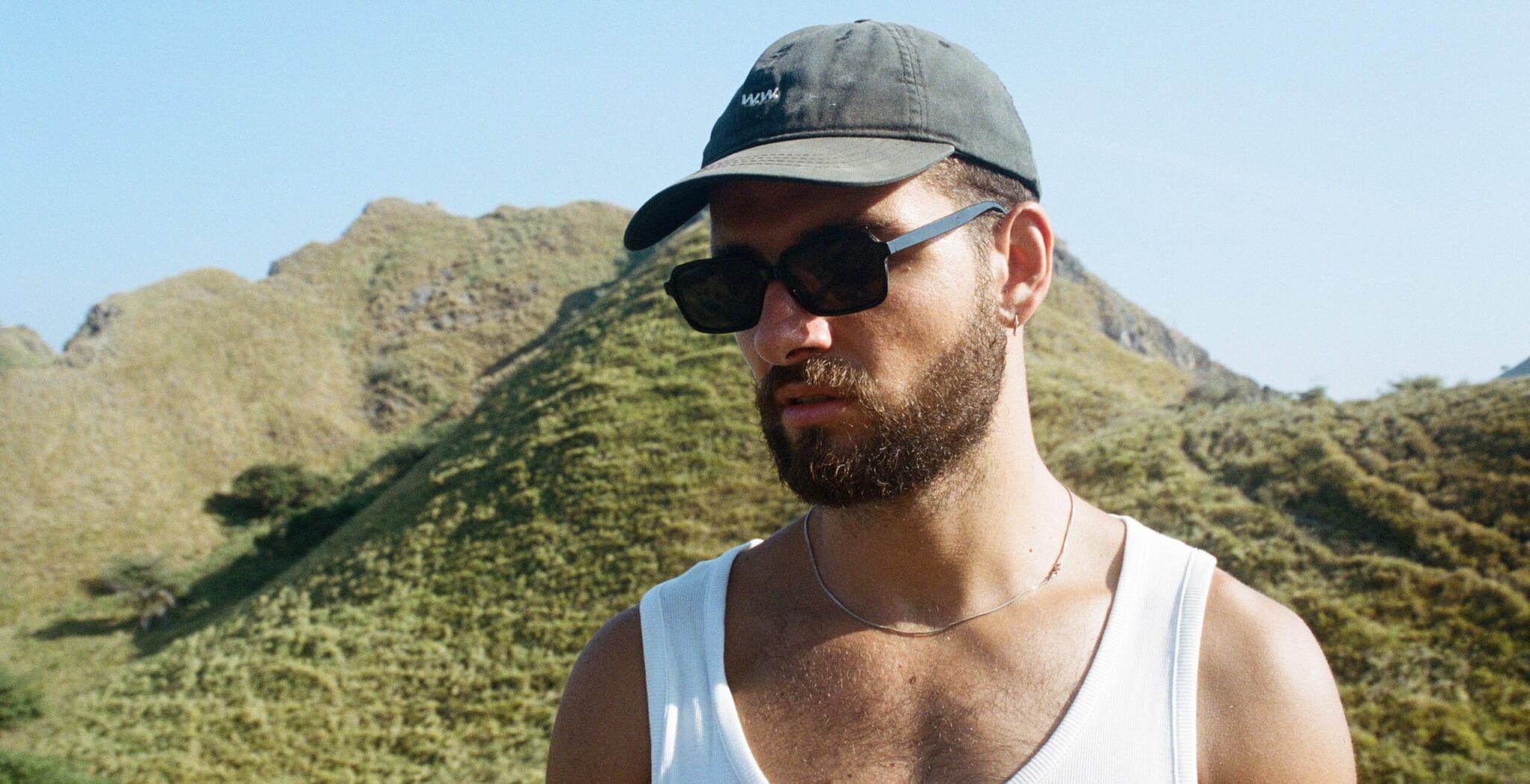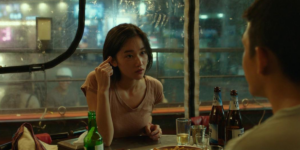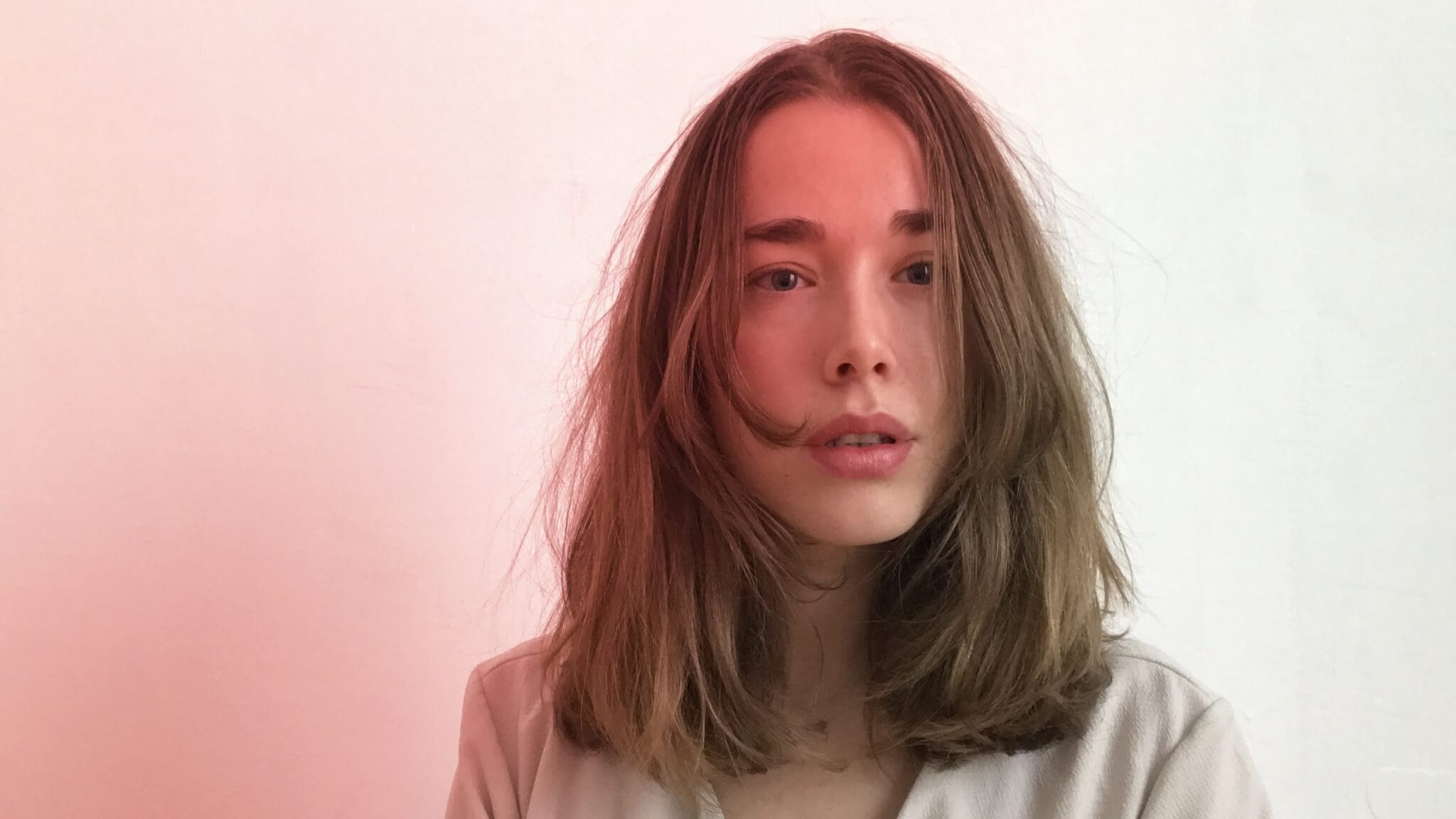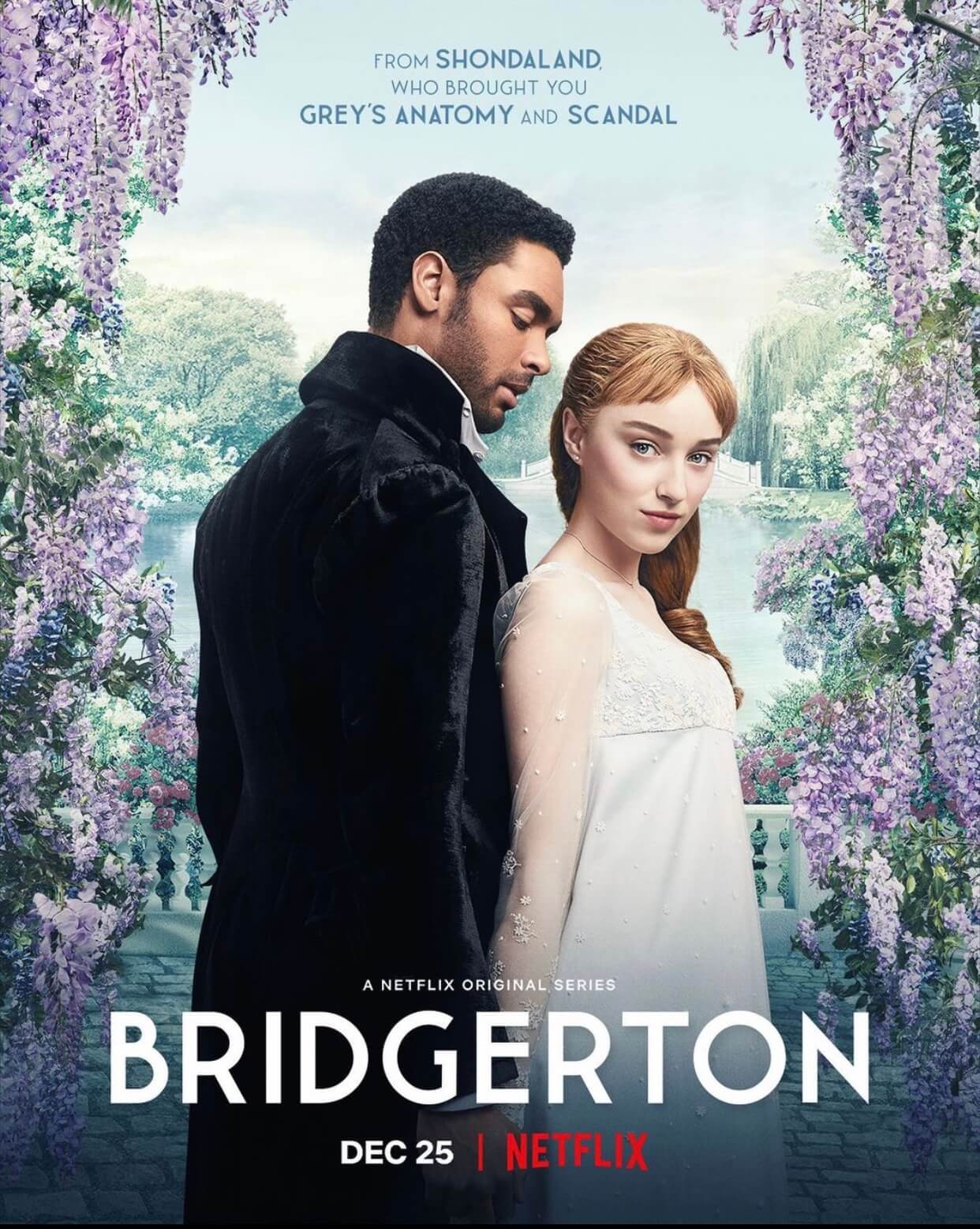Meet R&B Singer Xenia Manasseh and Her Relatable Explorations of Love and Life
There’s something about Xenia Manasseh that makes her music grounding and powerful, a kind of introspective journey that feels both personal and universal. There’s no doubt that artists who carve out a space that resonates with their audiences through honest and relatable explorations of love and life transcend borders. And Xenia, a rising star in the R&B and neo-soul scene, is definitely one of those artists.
Singing backup for Gloria Estefan and Beyonce’s background singers, before releasing her own music in 2019, at the age of 22, her debut album LOVE / HATE Pt. 1, which came out last year, has been a much-anticipated one. Bleding her Swahili heritage with R&B motifs, Xenia creates a distinctive and captivating music experience. As she prepares to release her follow-up album, LOVE / HATE Pt. 2, slated for September 20th, we sit down with the COLORS-approved artist to discuss the journey of self-discovery that informs her music.
Hi Xenia, it’s so nice to talk with you! How are you feeling amidst of new releases?
Hi! Likewise! Hmm… I’d say the thing I feel most is gratitude. All these stories carry so much weight for me, and when I finally get to put them out, it’s like the ultimate release of everything tied to those emotions.
Your highly anticipated first album ‘LOVE / HATE Pt. 1’, which came out almost a year ago, has been positively received. What motifs do you think make this album unique and true to your essence?
I think it’s unique because it’s a musical representation of my thoughts and experiences. Now that I can reflect on the entire journey leading up to its release and listen to the body of work objectively, the most common theme is my desire to love. I’m a lover girl at my core, and even when I sing about my pain, it’s very much rooted in the want and need to love and be loved.
You’ve recently released ‘Bad Side’, which you wrote some years ago. How has the passage of time influenced the way you connect with this song?
Bad Side is honestly one of my favourite releases so far. It’s always interesting to see songs that I wrote years ago (Bad Side – 2020) come to life at a time when I can actually think back and understand what I was feeling at the moment. During the COVID year, I had nothing else to do but sit with my feelings and make music. By 2020, I felt like I was finally starting to awaken to who I am, but only because I was finally trying to acknowledge all parts of myself. I used to be a firecracker, lol, and truthfully, it’s only very recently that I’ve discovered how not to cross over into that space, but Bad Side was basically me saying things I didn’t have the courage to say out loud.
How would you say your Swahili roots seep through your artistic career?
I’d say it’s taken this whole journey for me to figure out how to channel that into my music, and I’m finally in a space where I have found the balance. Though this music hasn’t come out yet, it feels so… correct, for lack of a better term. There’s an easiness that’s ingrained in the Swahili culture that I think has naturally influenced the music I make, but now I’ve finally figured out how to communicate what I feel and translate that into words.
You’re quickly rising in the soundscape of neo-soul and jazz, a musical intersection that is highly praised in major cities like London and LA. What are your thoughts on this particular music scene?
Honestly, I’m just trying to keep creating music that is real and authentic, and I’ve found that no matter where I go, that’s what I attract. I do, however, love that I’m seeing a mass appreciation for R&B music again… there’s truly nothing like it.
What artists do you look up to?
So many! But as far as what I really grew up on and studied: Brandy, Alex Isley, India Arie, Erykah Badu, Lauryn Hill… this music has taught me everything. So much of it is rooted in evolution and growth, and as a result, healing. The music is so present, and because of that, it is timeless.
Do you ever have days that you feel like quitting? And if so, what keeps you going?
Never. This is who I am, I can’t quit on me.
What has been the most exciting music collaboration or project?
All of them! Any collaboration I’ve been a part of that has come to life has been exciting. I believe it happens so that we learn from each other or because there’s something we were literally born to communicate to the world together. It’s one thing to be able to communicate something effectively by yourself, but the power of community and collaboration almost feels understated, yet it is the most powerful, in my opinion.
One of your most popular songs is the 2019 single ‘See Me’. What do you reckon has changed, creatively and musically speaking, during these years?
So much… but mostly clarity. The more I write, the more I understand, and the better I am at expressing how I feel. Another change is the desire to resolve things in my music, to always try to have a balanced perspective and leave an element of hope even when I’m talking about pain. It’s translated into the way I use my voice, the textures I use to deliver certain phrases, the tone I use to capture the point of pain I’m operating from… it’s translated into the details.
And following up with the previous question, looking back at the love song ‘See Me’ and today at the breakup song ‘Bad Side’, how have things changed for you on a personal level, that inspires you to write from different perspectives?
See Me and Bad Side were written maybe a year and a half apart from each other, but they were both about the same situation. It’s interesting how one came out five years ago, but it feels like Bad Side is separate. For both, I was communicating my feelings as raw as they came, more so in search of an end to the pain than anything else.
In one of your ig posts, you show the different phases of your hair during the last year. With many conversations about Afro hair, identity, and self-love, what would you say to those who struggle with beauty standards based on a singular, exclusive narrative?
I’d say that the way they feel about themselves is the most important. Self-love is paramount, and there is so much work to do when it comes to finding your truth, your voice, and how you want to see the world. I don’t think this is emphasised enough. Beauty is definitely subjective, and by virtue of that, what other people say doesn’t and shouldn’t matter. In an ideal world, we see each other as equals and therefore see the beauty in everything, but the world hasn’t been so kind. So find what you love for you and hold on to it.
Where are you now, on a mental, spiritual, and creative level?
Still doing my best to practice presence. That’s where I find joy, love, and happiness. It’s also where I confront the pain and the realities of life and the world we live in. I’m still learning and growing through the music, and I’m very grateful to be able to do so.
What’s coming up next for you?
Up next is my album Love/Hate Pt. 2 which drops on September 20th… I can’t describe how excited I am for that. After that, I’ve worked on multiple collaboration projects that have allowed me to expand what I know about myself and music. One collaborative project is coming up with my incredibly talented friend Rome Flynn.
Another is with my best friend Rowlene. Two sonically different projects with my longtime collaborator and friend Ukweli. All this music means the world to me, and the effortlessness with which the music was created with them has emphasised and clarified for me how much this music is needed.
In Kenya, we say “mziki bila jasho.” When it’s right, it’s right, and when you know, you know… you know? I’ve learnt to trust in the timing of everything and can’t wait for all of it to be out in the world.
From music video ‘Phases’ (2024), shot by: TSE // @TSE & Motunde Yahya // @TundeCutz




























